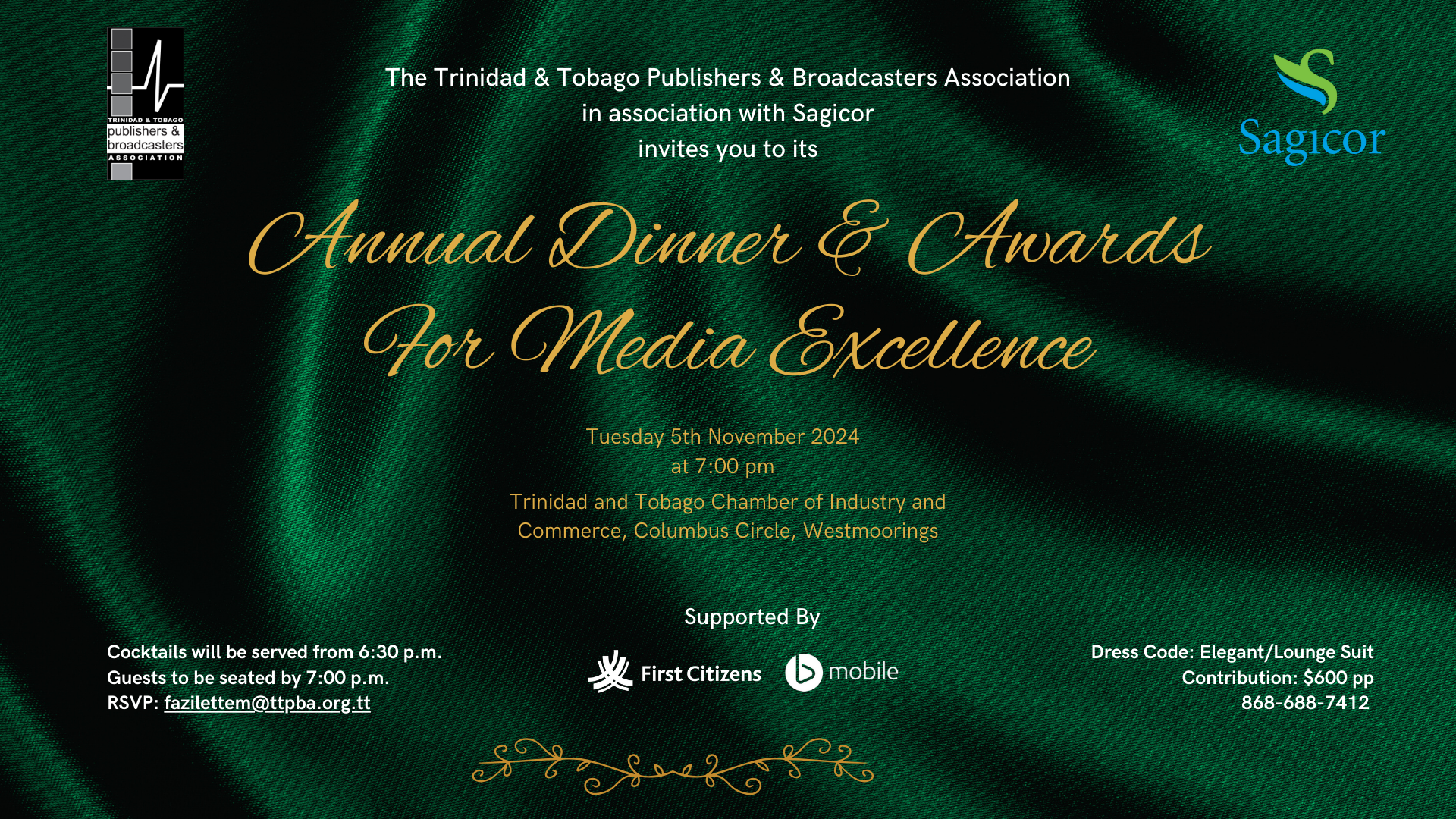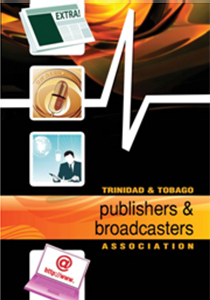Journalists warned: Be aware of being manipulated
Election workshop: Stephen Weeks, right, US Embassy public affairs officer, addresses participants in yesterday’s Journalism Workshop on Elections Coverage at the Embassy’s Public Affairs Section, Briar Place, Sweet Briar Road, Port of Spain. Seated from left are Patrick Butler, Vice President, Programmes, International Centre for Journalists, and Keith Gilges, Chargé d’Affaires US Embassy. —Photo: AYANNA KINSALE
BE AWARE of when you are being manipulated, Vice President of Programmes at the International Centre for Journalists (ICFJ) Patrick Butler urged local journalists yesterday. In an effort to avoid being placed in a comprising position in this regard the media personnel who travel with United States President Barack Obama pay their own way, Public Affairs Officer at the US Embassy Stephen Weeks said yesterday. Association of Caribbean Mediaworkers (ACM) general secretary Wesley Gibbings yesterday said he was ashamed to hear accusations of journalists being paid to write stories by government officials. “Shame on you, if it is true, if there is anybody here or outside shame on you that is my message to those people, all that will do is help to destroy the quality of the journalism that is practised here,” Gibbings said. The statements by Butler, Weeks and Gibbings were made yesterday on the opening day of a two-day training workshop for journalists entitled “Covering Elections in Trinidad and Tobago”. The workshop was organised by the Trinidad and Tobago Publishers and Broadcasters Association (TTPBA) and the Association of Caribbean Mediaworkers (ACM) in collaboration with the United States Embassy and IFCJ. It was held at the meeting room of the US Embassy’s Public Affairs Section in Briar Place in Port of Spain. Among the topics discussed yesterday were “Journalistic Ethics and Coverage of Elections”, “Conflict and Elections”, “Achieving Journalistic Balance and Fairness at Election Time” and “Citizen Participation through Social Media”. “News media are often the most important channel of communication that exists between sides in a conflict, they will speak to each other through us and that is a good thing and a bad thing, it means that we are playing that important role of being a conduit of information between the two sides but it also means it is easy for us to be manipulated,” Butler said. “So we have to be careful in the media to make sure that we are not letting the sides in the conflict use us to their own ends without questioning them on what they are trying to do”. “Be aware of when you are being manipulated, when you are being used by the candidates in the campaigns to advance their ends. It does not mean you don’t report on what they are saying but it means that you ask questions, tough questions of the candidates and the leaders of the (political) parties about why they are doing what they are doing,” Butler said. Paying your way Last year the national spotlight was placed on several local journalists with respect to their relationship with the government. On the heels of allegations that selected journalists were offered $1,000 vouchers by the government at Christmas, came word that the Ministry of Communication offered cheques, ranging between $13,000 to $15,000 to reporters and cameramen who accompanied Prime Minister Kamla Persad-Bissessar on a trip to China during the period February 23-28 last year. The cheques were offered as a “per diem” during the media representatives’ coverage of the Prime Minister’s official visit.



